
When you’re a nursing mother, it’s difficult to tell just how much your baby is actually eating. Often the only way to determine whether your baby is getting enough milk is by keeping track of how they’re growing. This can be nerve-wracking for some mothers, especially with newborns, or especially when they’re still recovering from giving birth.
Nature is amazing, though. There are several foods known as galactagogues that actually help increase milk supply. Other foods are perfect for creating the healthiest milk supply possible. New mothers who know about these foods could use them to give their babies a great start.
If you’re interested, read through this list of the 12 best foods for milk supply. If you want to learn even more, browse through the tips section at the end of the article to find five easy meals to boost a healthy milk supply.
12 Foods To Increase Breast Milk
Sweet Potatoes
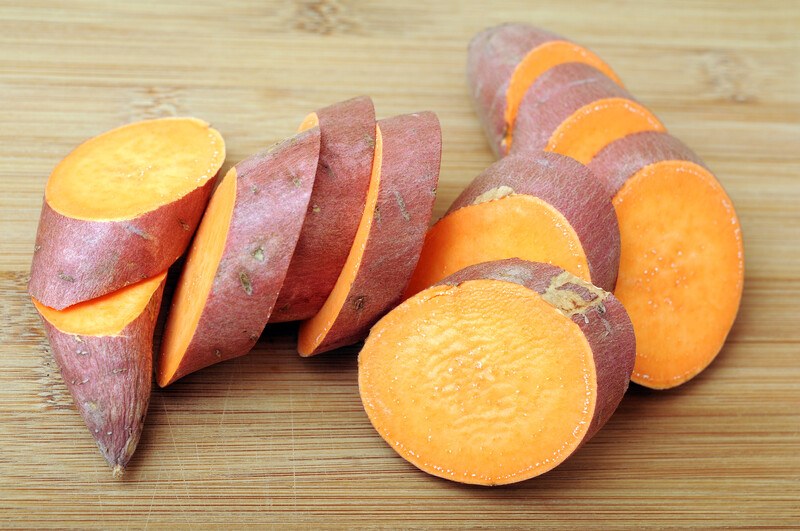
When you’re breastfeeding, it’s important to get enough nutrients to feed both you and your baby. Sweet potatoes are a great option because they contain a wide variety of nutrients.
They’re high in complex carbohydrates, which can help regulate your blood sugars while you nurse. They’re also rich in potassium, magnesium, and vitamin B6, which are all needed for helping your baby grow properly, and they contain calcium, iron, and vitamin C.
One cup of cubed sweet potatoes supplies around 377% of the recommended daily intake of vitamin A, too. This helps keep immune systems strong for both mommy and baby and could contribute to healthy vision.
Black Beans
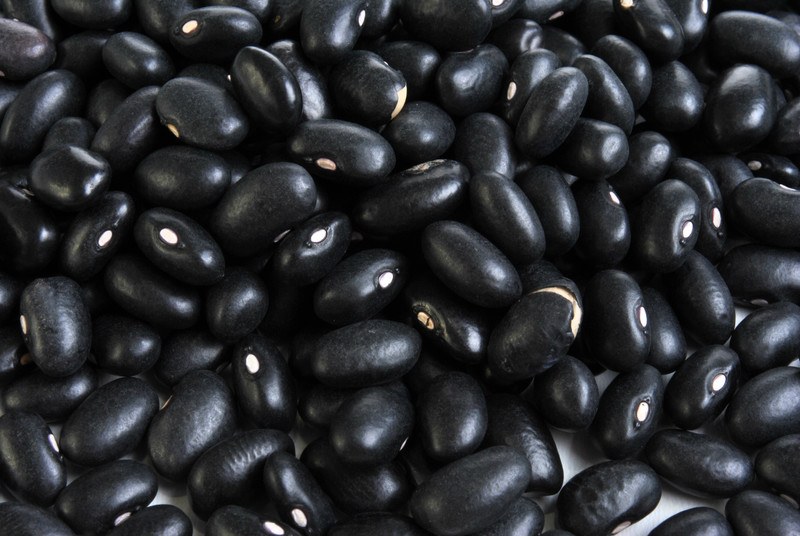
Like sweet potatoes, beans and legumes contain plenty of complex carbohydrates in the form of fiber. They’re also rich in protein. This is important because nursing mothers are counseled to get an extra 25 grams of protein while they’re breastfeeding.
Beans and legumes are also high in vitamins, minerals, and other nutrients. One cup of boiled black beans contains 64% of the recommended daily value for folate, which is necessary for healthy growth and development. Black beans are also rich in thiamin, iron, magnesium, phosphorus, potassium, zinc, copper, and manganese. One surprising thing about black beans is that they also contain some omega-3 fatty acids, which can positively impact your baby’s developing brain.
Other beans and legumes are also rich in fiber, protein, and other nutrients that can help create a healthy milk supply in nursing mothers.
Fenugreek
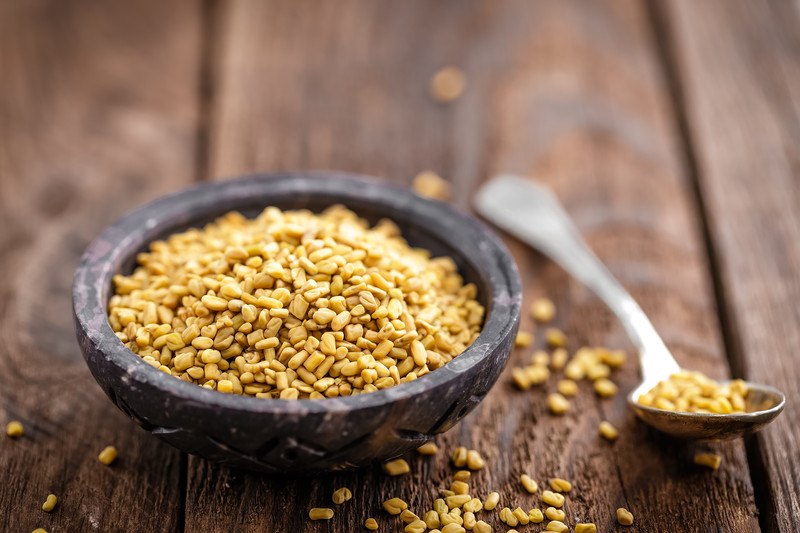
Fenugreek is one of the most well-known foods for increasing a nursing mother’s milk supply. This seed, which is often used as a spice in Asian and Middle-Eastern dishes, could be purchased in bulk at health food stores.
This herb is often taken as a tea by nursing mothers. It can be flavored with honey, maple syrup, or other healthy and natural sweeteners, and it can also be mixed into cookies or smoothies. It can also be taken as a supplement.
Fenugreek could increase a nursing mother’s milk supply within 24-72 hours of taking it. One nice thing about Fenugreek is it’s been studied academically for its ability to increase milk supply.
Dark Leafy Greens
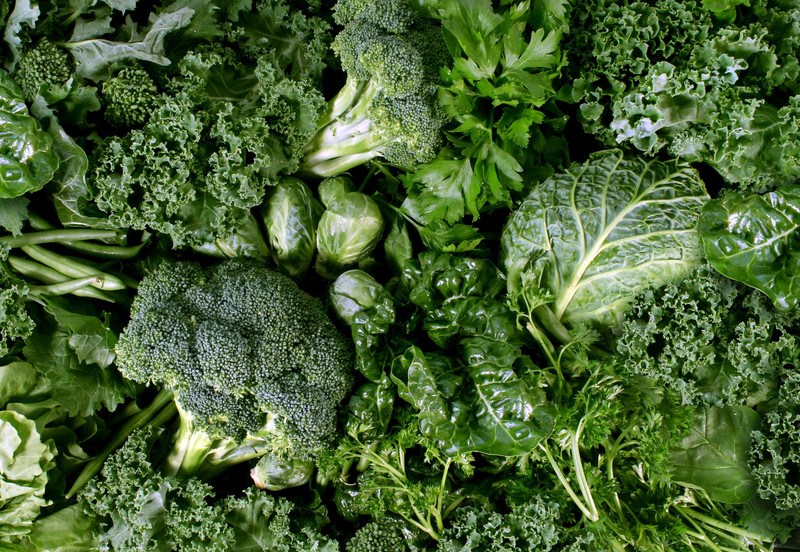
Kale, spinach, beet greens, arugula, and other green leafy vegetables contain phytoestrogens that could help nursing mothers increase their milk supply. At the same time, these types of vegetables are packed with nutrients that make the milk supply super-nourishing for the nursing baby.
For example, a one-cup serving of fresh, chopped kale contains 684% of the recommended daily value for vitamin K. Among other things, vitamin K is necessary for helping deposit calcium in bones, which is important for growing babies. Kale is also rich in vitamins A and C, as well as coppern and manganese.
Overall, green leafy vegetables supply plenty of folates, B vitamins, minerals like calcium and potassium, and trace minerals such as copper, selenium, and manganese.
Oatmeal
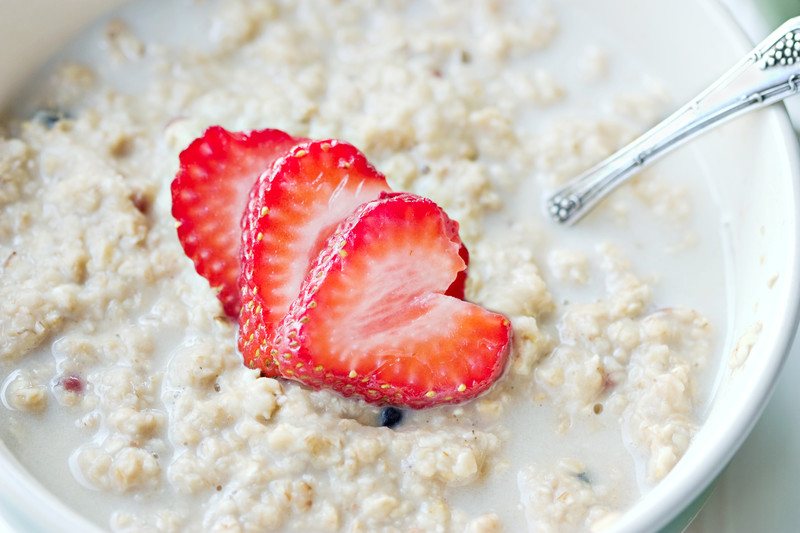
Oatmeal is rich in complex carbohydrates, including soluble fiber, that contributes to gut health. Oatmeal has also been linked to lowered stress levels, which could help some nursing mothers maintain an adequate milk supply.
One interesting thing about oatmeal is that it contains phytoestrogens and a type of fiber called beta-glucan. These compounds stimulate the release of the hormone prolactin, which moderates the production of milk. The higher the prolactin level, the more milk is produced.
Oatmeal supplies other nutrients that help keep the milk supply nutritious for the growing baby, as well. A 1/3 cup serving of rolled oats provides iron, calcium, magnesium, phosphorus, potassium, manganese, and selenium, as well as several B vitamins.
Fennel

Like fenugreek, fennel seeds have been studied for their ability to increase prolactin levels and stimulate milk production. These seeds can be used raw or as a powder to spice foods, taken as a tea, or even chewed on as a natural breath freshener. Some people also take fennel in supplement form or as a tea, including tea made using fennel oil.
Fennel seeds also supply a wide variety of nutrients, including calcium, iron, magnesium, potassium, manganese, and several B vitamins.
Fennel is a surprisingly tasty food that can be used to spice up a variety of dishes, including salads. Because it’s part of the carrot family, the leaves can be eaten as well as the seeds.
Green Papaya
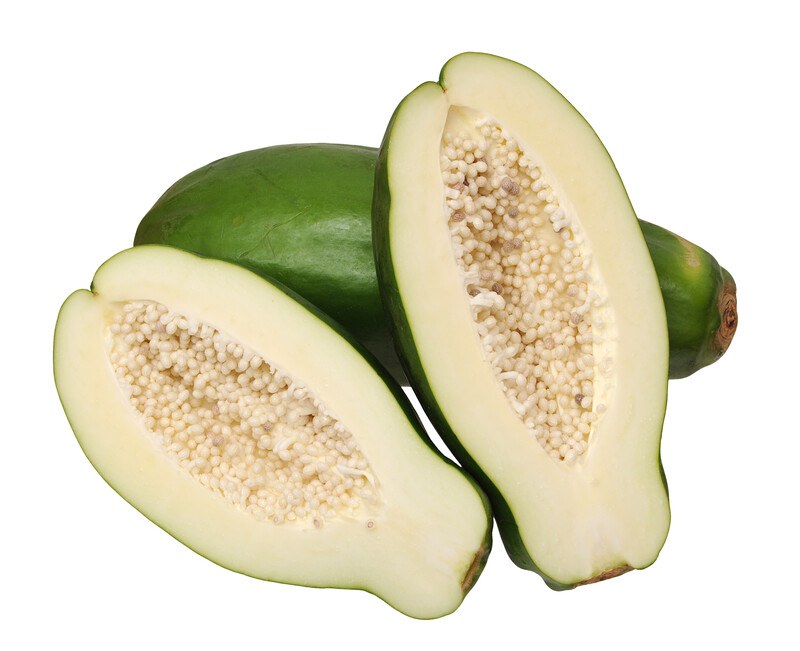
Papaya, or pawpaw, is a sweet fruit grown in central tropical areas. When its ripe, papaya has a green or yellow outer skin and an orange flesh with black seeds. Ripe papaya is rich in vitamins A and C, folate, and potassium. It’s also a good source for several B vitamins, vitamin K, vitamin E, calcium, iron, and several other minerals.
Green, unripe papaya is a powerful galactagogue. It stimulates the hormone oxytocin, which, in turn, increases the milk supply. Green papaya is also good for improving digesting health, reducing the signs of aging in the skin, relieving menstrual pain, helping wounds heal, treating infections, and more.
Lean Meat And Poultry
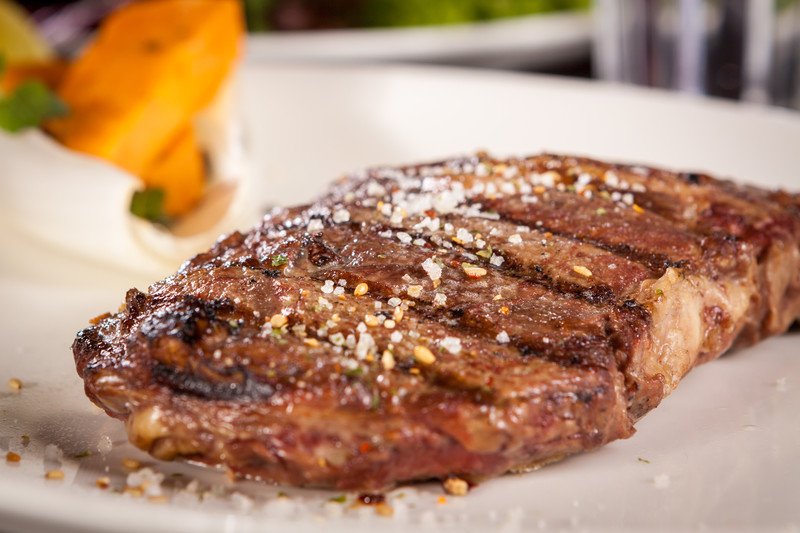
Keeping an adequate milk supply requires getting plenty of protein. Lean meats and poultry are some of the best sources for protein for nursing mothers. A three-ounce serving of lean sirloin beef steak contains around 22 grams of protein, while a three-ounce serving of roasted chicken breast contains around 24 grams.
Lean meats and poultry are important sources of other nutrients that growing babies need for proper development. Roasted chicken breast is a great source of selenium and niacin, while beef steak is packed with niacin, vitamins B6 and B12, selenium, and zinc.
Zinc is a trace mineral that boosts the immune system, but it also promotes healthy development in babies and young children. For more foods rich in zinc, see our list here.
Garlic
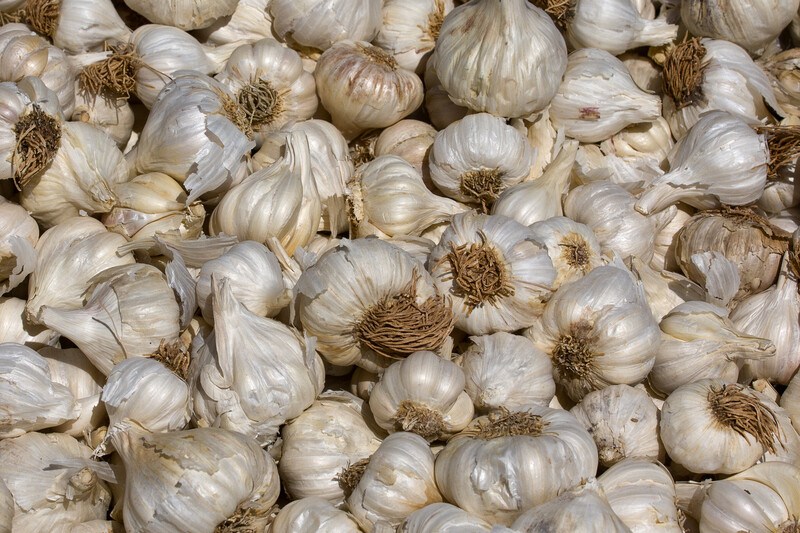
Among its many health benefits, garlic could help stimulate the production of breast milk. It’s also been shown to have an interesting impact on nursing babies. Babies who seem to like the flavor of garlic in breast milk latch on better and nurse longer than those who don’t seem to like it.
Eating garlic while nursing is safe, but there’s a possibility that it could cause colic or gas in some babies.
Besides promoting milk supply, garlic is great for boosting the immune system, reducing the risk of heart disease, improving the skin, benefiting memory, and creating stronger bones.
Pumpkin And Pumpkin Seeds
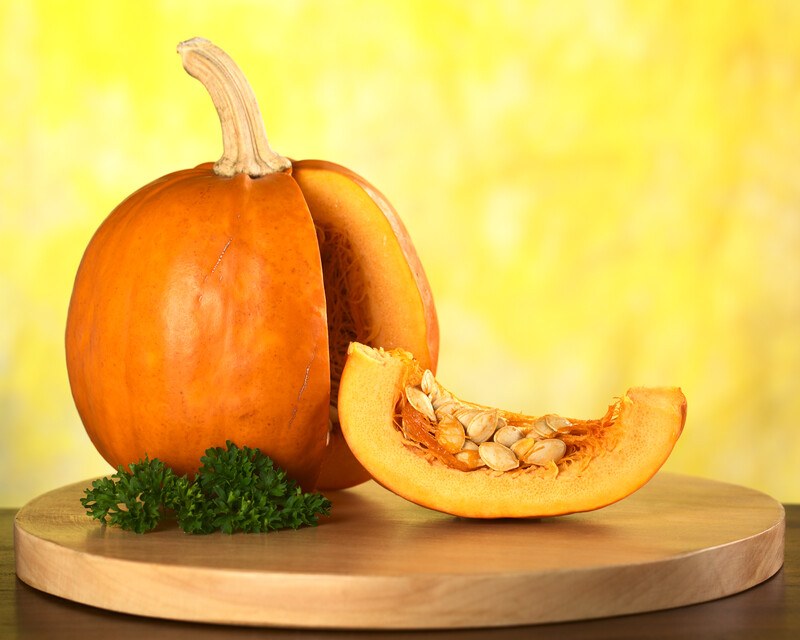
Pumpkin is a known galactagogue that is as delicious as it is nutritious. A one-cup serving of cooked pumpkin supplies 245% of the recommended value for vitamin A. It’s also rich in vitamin C, vitamin E, riboflavin, potassium, and several other vitamins and minerals. It’s high in fiber, too.
Pumpkin seeds are a great choice as a snack for nursing mothers. They’re high in protein, iron, and fiber. One ounce of pumpkin seeds also supplies 19% of the recommended daily value for both zinc and magnesium and 10% of the daily value for copper.
Barley
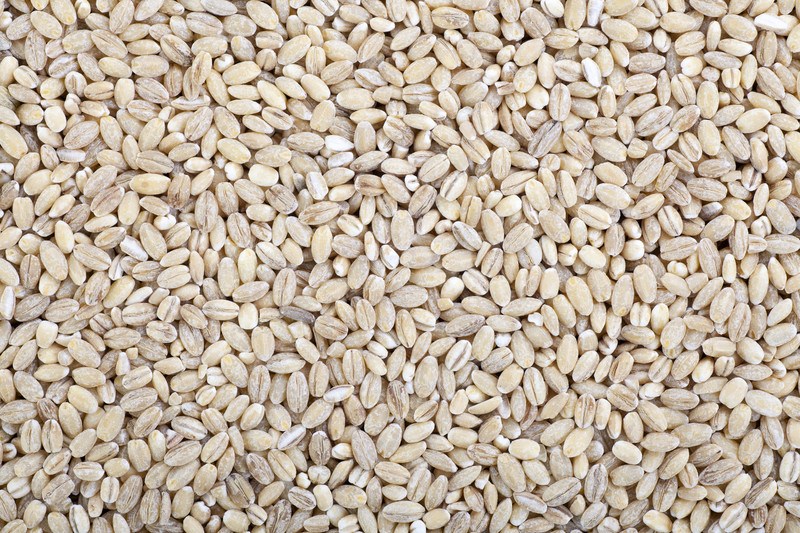
Like oatmeal, barley is high in fiber, including beta-glucan, as well as phytoestrogens that contribute to the production of milk supply.
One of the easiest ways to eat barley is to include it in recipes for stews and soups. It can also be ground and added to bread or other baked goods, and some people eat it as a side dish similar to rice.
Barley is rich in iron, niacin, and selenium. Selenium is important for growing babies because it helps with DNA production.
Nuts
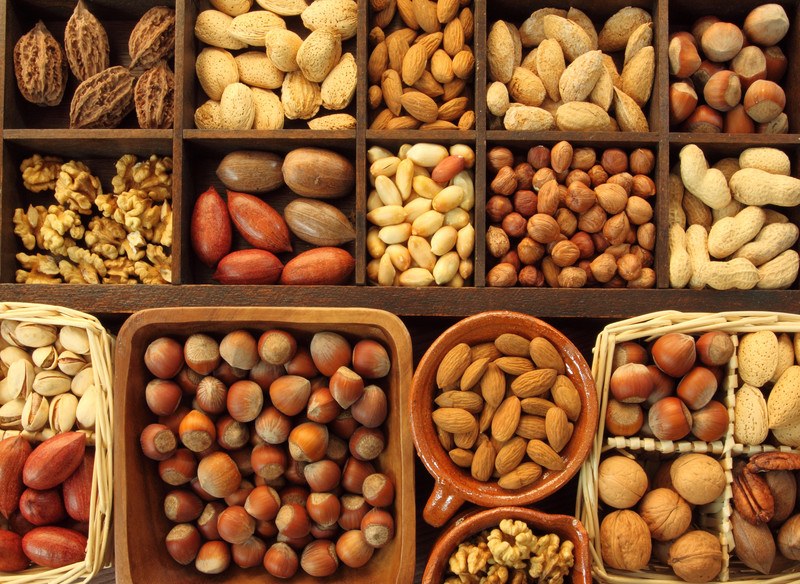
Nuts make a yummy snack anytime, but they can be especially helpful for nursing mothers who need extra protein. One cup of mixed nuts contains around 27 grams of protein, which more than fills the extra grams of protein intake recommended for women who are breastfeeding.
There are several types of nuts to choose from, as well. Besides protein, almonds contain significant amounts of calcium, zinc, iron, magnesium, and essential fatty acids. Cashews are rich in calcium, iron, copper, magnesium, and vitamin K.
One interesting study indicated that moms who eat peanuts while they’re breastfeeding could help their children avoid getting peanut allergies later.
The mono-unsaturated fats found in many types of nuts could make your breast milk richer, too. One great thing about nuts is they’re easy to snack on even when you’re a busy mother. They’re also easy to cook with. You can mix them in cookies, cakes, salads, and even stir-fry.
Sesame Seeds
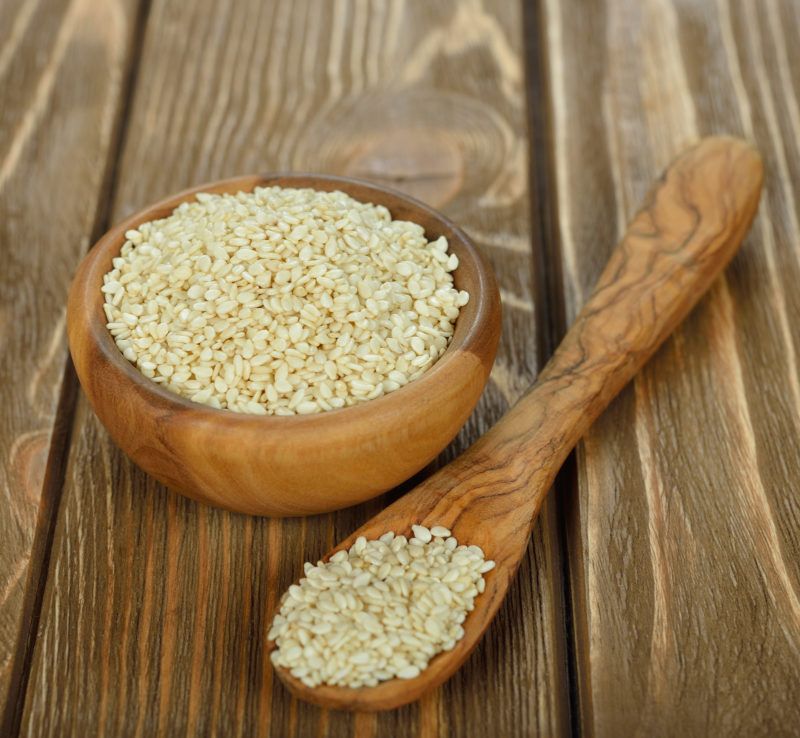
Most people think that you can only get calcium from dairy products, but there are many other sources you can get them from, including sesame seeds.
This might be the reason why it is one of the best foods for milk production. In fact, in some countries like Mexico, sesame seed cakes are very popular food for breastfeeding mothers.
They will not only mothers produce more milk but can also help them recover better.
You can include them in your stir-fries and salads. You can have them raw but toasting them in the pan just adds a depth of flavor that you won’t get from raw sesame seeds.
Salmon

If you’re looking for a protein source that will increase your milk supply, salmon should be first on your list. We all know that it is an excellent source of omega-3 fatty acids. But did you know that it also contains a lot of other nutrients?
DHA is needed in order for your baby’s nervous system to develop properly and that is something that salmon is abundant in. But this ingredient can even help mothers, as WebMD says that DHA can help also with post-partum depression.
But you also need to be cautious with the amount of salmon you will have. You can’t eat it every day as salmon can contain mercury. Although the mercury in salmon is very compared to other fish, you still want to limit your salmon to only two servings per week.
Here’s a great salmon recipe that combines this protein with another ingredient that some take to increase their milk supply, asparagus.
Basil leaves
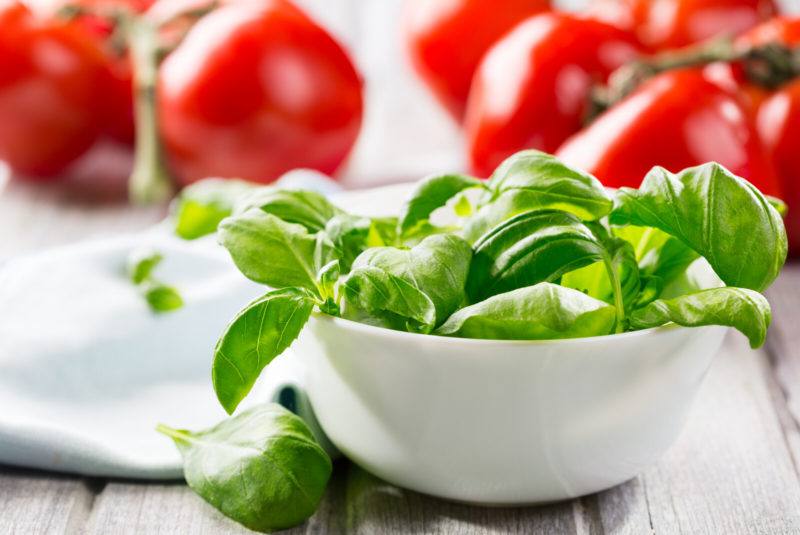
There are certain herbs that must not be consumed while you are breastfeeding. Some of them will decrease your milk supply while others can actually have harmful effects on the baby and the mother.
But basil is completely safe and also useful. This is another herb that has been used for many years by different cultures around the world. It is not only tasty but it also has lots of anti-oxidants.
Another thing that it can do, aside from increasing milk supply, is that it has a calming effect on the mother. You know how important it is to be relaxed while breastfeeding.
There are so many ways to add basil to your daily meals! You can make a big batch of pesto at the beginning of the week. Then you can just take it out and spread it on your toast, you can make pasta and pizza with them too.
If you don’t have the time to prepare, making a tea out of basil is simple enough to do. Just make sure that you get your fresh herbs from reliable websites so that you reassured of their quality and safety.
Other Ways to Increase Milk Supply
Aside from eating the best foods for milk production, there are still many things you can do to increase your milk supply. First and foremost, you need to make sure that your baby can feed properly.
The most important thing, especially at the beginning, is that they can latch properly. It would be more comfortable for the mother as there is less risk of sore nipples. Without the proper latch, the milk is not removed properly from the breast, and that will cause the milk supply to dwindle.
To make sure that your baby is latching properly, their mouths must be wide open, with their mouths not just attached to the nipple but also to the areola. The lips should also not be tucked in.
Another practical tip that you can do is to nurse often. If there is not enough demand for the breastmilk, then your breasts will not produce them accordingly. It is the law of supply and demand.
Newborn babies will need to nurse often, and then the gap becomes wider as they grow. Also, when you nurse, offer both breasts to your baby. But. make sure the other side has used up all its milk before you offer the other one.
But take note that breastmilk is digested very quickly, so most babies might be hungry after just a couple of hours. This can be very taxing for the mothers. You can try to pump breastmilk and store them so that your partner can help with the feeding too.
You also need to be relaxed while breastfeeding your baby. The more comfortable you are, the better it will flow.
You can also try to use a breast pump in between feedings to again encourage milk production. You don’t need to buy one as you can use your hand to express the milk manually.
Make sure that are also getting enough sleep and rest. Not having enough can really affect your milk production. Try to refrain from driving alcohol and make sure.
While your primary role is to take care of your baby, there’s nothing wrong with taking an afternoon off once in a while and pampering yourself. Go have a spa day, or get another mommy friend and have a short coffee date.
These are simple, little things but they can go a long way in taking care of your well-being.
Five Easy Meals To Boost A Healthy Milk Supply
Now that you’ve read through the 12 best foods for milk supply, you might be wondering how to start using them. Below are five meal ideas that could help you get started.
Idea #1: Garlic Steak And Sweet Potatoes
This meal is easy and delicious. The sweet potatoes can be sliced and baked, while the steak is marinated and then fried slowly in sauteed garlic. For an extra boost, try serving it with a side of spinach or cabbage.
Idea #2: Black Beans And Brown Rice
While brown rice didn’t feature in the list above, as a great source of complex carbohydrates, it, too, could help increase milk supply. The black beans should be cooked until soft and then mixed into cooked brown rice with a sauce of your choice. Bottled sweet and sour sauce or orange sauce is a good choice, but you could also try salad dressing, chili sauce, or salsa, depending on what you—and your baby—prefer.
Idea #3: Oatmeal With Fenugreek Tea
Oatmeal is a soothing way to start the morning. If you’re worried about providing enough milk for your baby, pair it with a cup of fenugreek tea. You could also serve it with applesauce sweetened with cinnamon for an easy, sweet side.
Idea #4: Pumpkin Soup
Pumpkin soup can be rich, creamy, and tasty. When you’re nursing, you could serve it with a side salad that features fresh spinach or kale, pumpkin seeds, and slivered almonds to boost your milk supply even more.
Idea #5: Easy Top Chicken-Topped Salad
Cooked, cubed chicken makes a great topper for any salad. For an easy, hot-weather meal, make a salad from fresh spinach and kale, and add in nuts, dried cranberries, and pumpkin seed kernels. When it’s ready, add some chopped cooked chicken and your favorite salad dressing.

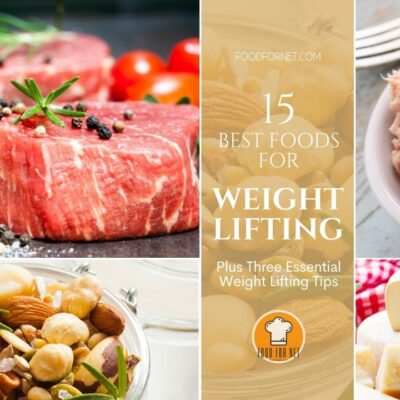

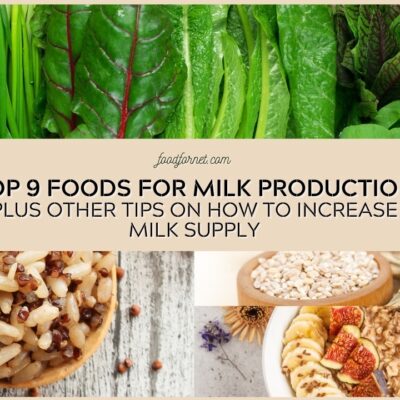



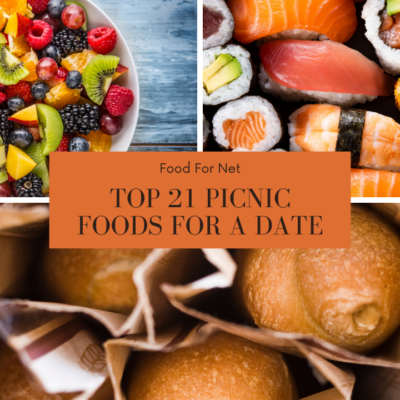
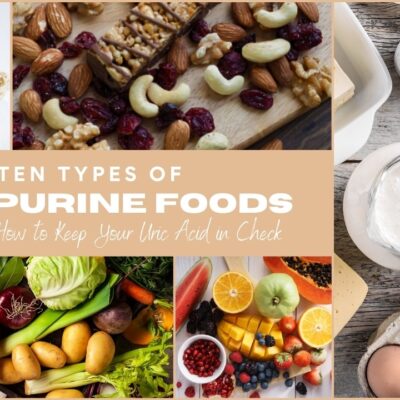

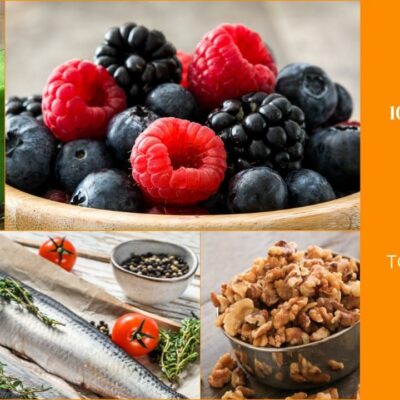
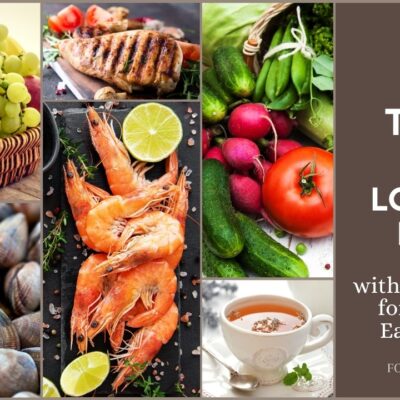




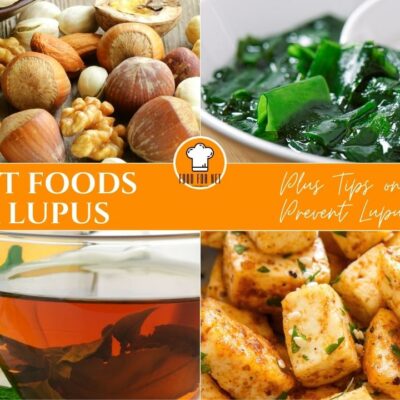
 The Best Top Shelf Vodka
The Best Top Shelf Vodka
Leave a Reply